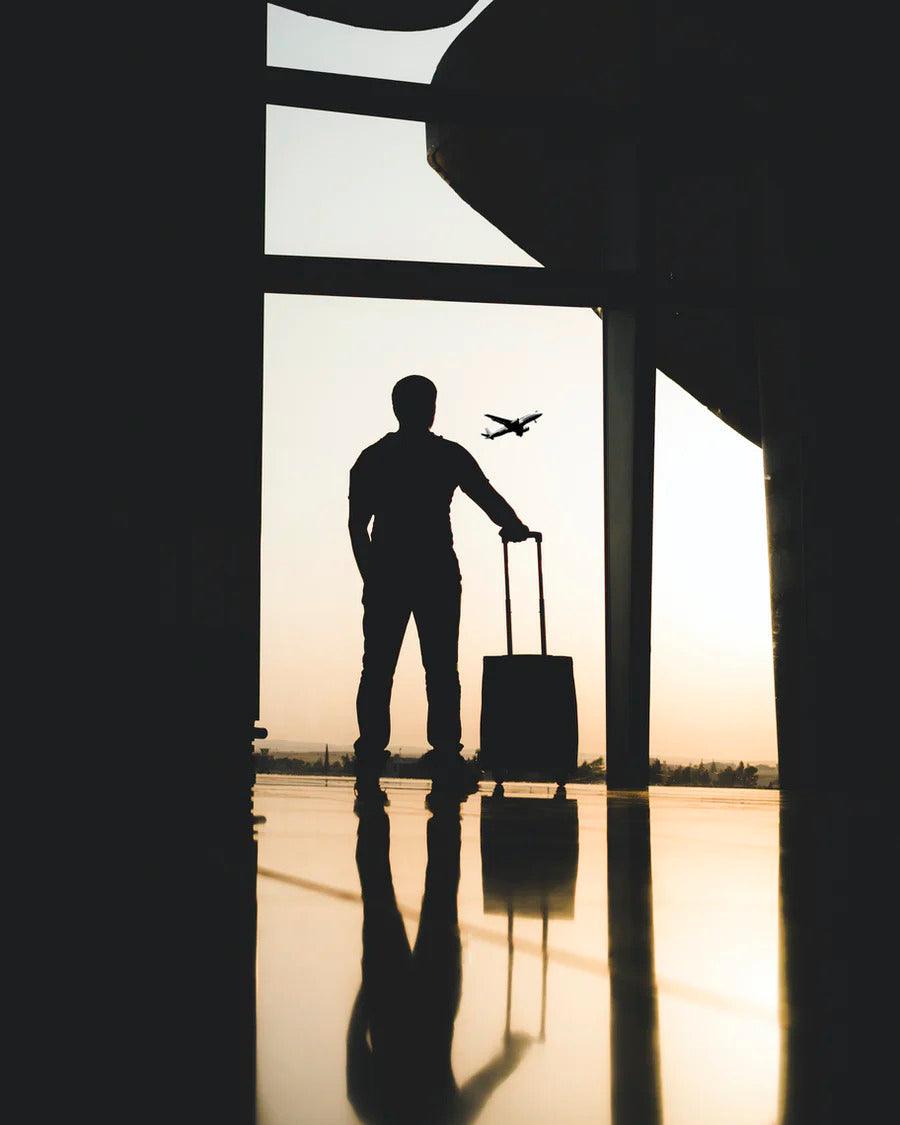Sleep and Travelers
Share

For many people, travel is one of the joys of life. For others, it is a core requirement of work. Regardless of why you travel, good sleep promotes wellness that lets you get the most out of any trip. When traveling you can experience jet lag, a short-term sleeping disorder that can occur after long-distance flights. Upon arrival your circadian rhythm is still anchored to your home time zone, creating a misalignment with the local time at destination.
Further, when you sleep in an unfamiliar environment like a hotel room you can experience worse sleep the first night. Some experts believe that this is an survival strategy deeply rooted in our evolutionary past that keeps part of the brain active when initially sleeping in a new place.
But what are some tips and tricks for sleeping well while on the road?
Prepare for jet lag. It will take a about a day at your destination to adjust for each time zone that you have crossed. So start moving your bedtime a few days before you leave. Try to move it an hour or so earlier or later, depending on your direction of travel. .
Go with the local flow. After you land, try to sync up with the local schedule. “f you’re landing when people are wide awake in the middle of the day, do not go to sleep but try to stay up as long as you can.
Stay in the Sun. The sun is the ultimate calibration tool; light tells our brain when we should be awake and when we should be sleeping.
Bring Your Own Pillow. Try to make yourself more comfortable. making the hotel room more similar to your bedroom at home can be just the trick. Bringing your own pillow or blanket gives you something familiar to sleep with, and makes you feel a bit more at home.
Move your body. When you’re ready to begin the day, take a warm shower and start to exercise. It’s a signal for your body that it’s time to get going. Increasing your body temperature is the best trigger for your circadian rhythm.




